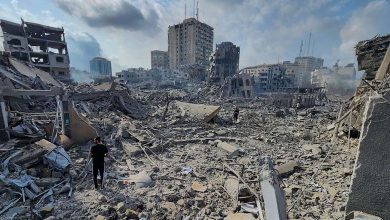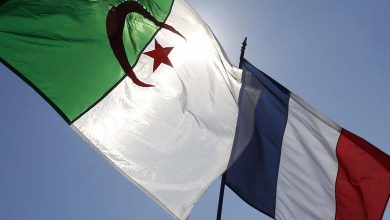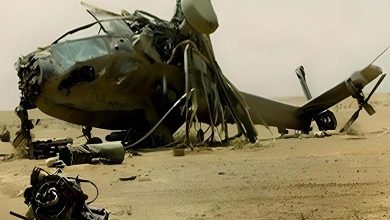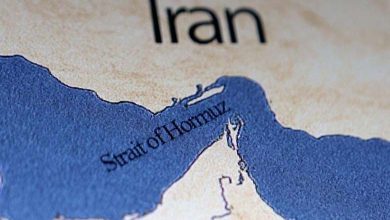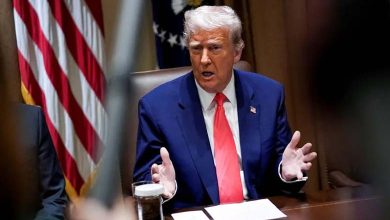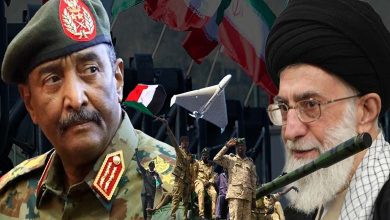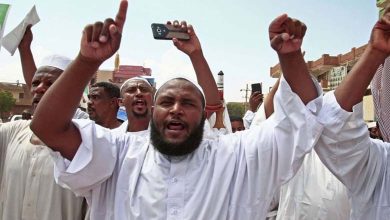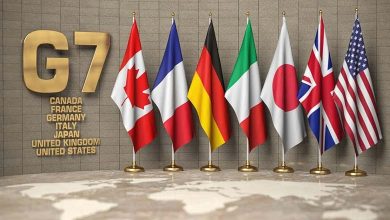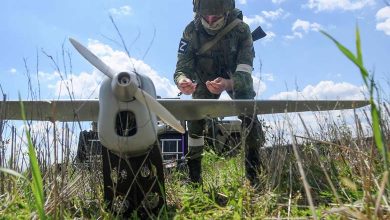International Efforts to Overcome the Stalemate in the Political Process in Sudan – Details
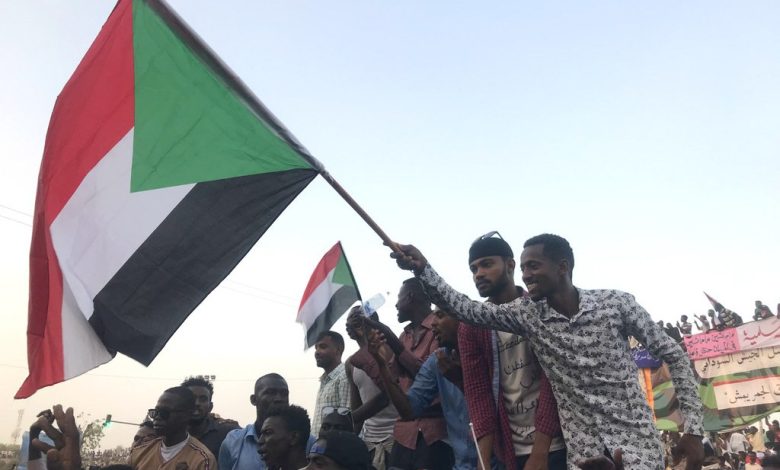
European Union Ambassador to Khartoum Eden O’Hara, during a meeting with Chairman of Sudan’s Transitional Sovereignty Council Lieutenant General Abdul Fattah al-Burhan, who is also the commander of the Sudanese army, said: “I have requested the Chairman of the Sovereign Council to hold a meeting with al-Burhan and his deputy Mohamed Hamdan Dagalo (Hemeti) with the special envoys of the European Union countries France, Germany, Norway, as well as the United States and Britain,” according to the official Sudanese news agency.
The meeting was aimed at “discussing ways to make the political process a success and resumption of humanitarian and economic assistance from the international community to Sudan,” O’Hara said. “The meeting (with Al-Burhan) was successful, and it discussed the political process that is being facilitated by the UN mission, the African Union and the Intergovernmental Authority on Darfur (IGAD).”
The meeting also discussed “efforts to join forces with conservatives in opposing the framework agreement so that the consensus around it can be broadened”, O’Hara said.
In order to reach a final and just political agreement, the final phase of the political process between the military and civilians who signed the “Framework Agreement” began on January 8, 2015.
The signatories to the framework agreement are the Declaration of Freedom and Change (Central Council), the Democratic Unionist Party (DUP), the Popular Congress Party (PCP), civil society organizations, and armed movements within the Revolutionary Front (RUF).
Absent from the signing was the Democratic Bloc, which includes armed movements led by Gibril Ibrahim and Minni Arko Minnawi, as well as the Communist Party, Committees of Resistance (Activists), and the Professional League.
Al-Burhan had decided to withdraw from mediation between civil powers following the escalation of differences between the Freedom and Change Coalition and the Democratic Bloc.
South Sudan has also entered the crisis by calling another workshop to discuss peace issues in Juba in mid-May.
The Freedom and Change Alliance considers the Democratic Bloc to be an artificial party and a supporter of the coup, and does not express the Sudanese, while the Democratic Bloc clung to refusing to join the framework agreement at the present stage.
Cairo is also working to convince the Central Council of the seriousness of its political role in finding a solution, in accordance with the principles of the framework agreement and expanding the base of civil powers.
These developments come a while before the leaders of the Freedom and Change Coalition said they would reach a political understanding with the leaders of the Democratic Bloc.


